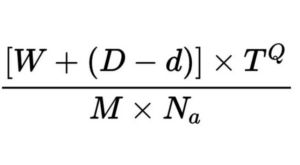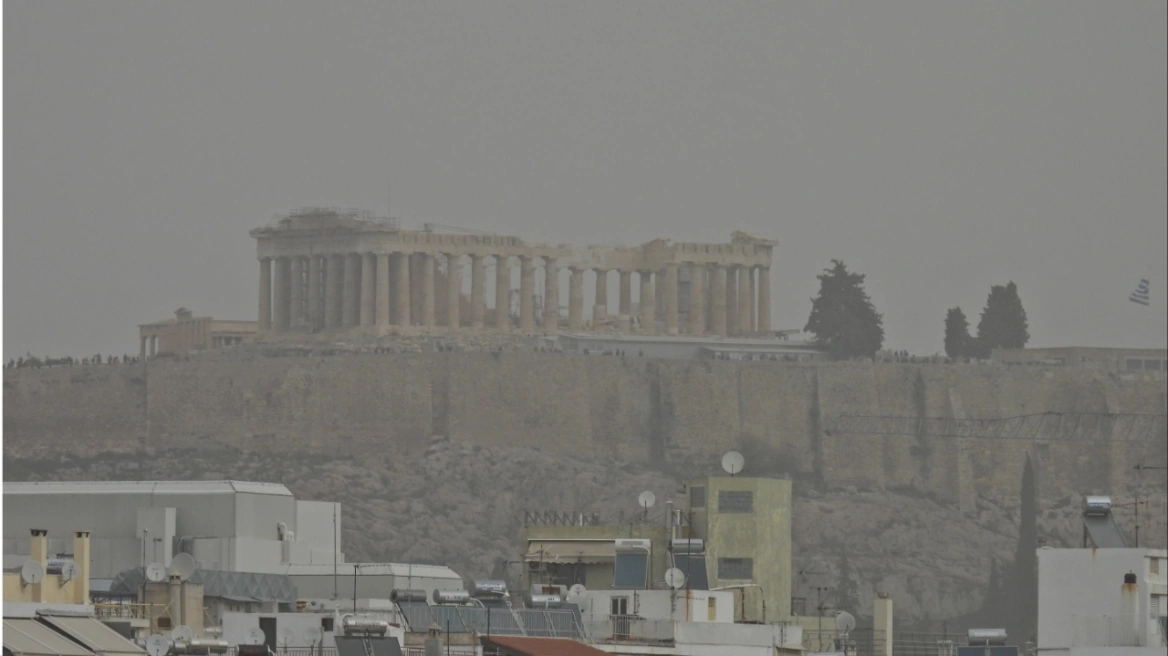Every year, the third Monday of January is dubbed “Blue Monday”.
The theory goes that this is the time of year when we’re all cold, broke and riddled with guilt that our new year’s resolutions to get fit, drink less alcohol, and be a better human being have fallen by the wayside.
But is Blue Monday really the most depressing day of the year, as it’s often called, or is the label just a misguided PR stunt?
The concept was originally coined in 2004 by psychologist Cliff Arnall.
He came up with a “formula” for the January blues after he was asked to do so by travel firm Sky Travel, who then used the phrase in a press release to promote their winter deals.
It took into account a number of factors likely to contribute to low mood and read as follows:

Greece: Two waves of bad weather in the coming week
W = weather
D = debt
d = monthly salary
T = time since Christmas
Q = time since failing our new year’s resolutions
M = low motivational levels
Na = the feeling of a need to take action
Arnall has since confessed that the formula is essentially pseudoscience and has urged Brits to “refute the whole notion” of Blue Monday.
Read more: The Idependent
Ask me anything
Explore related questions





